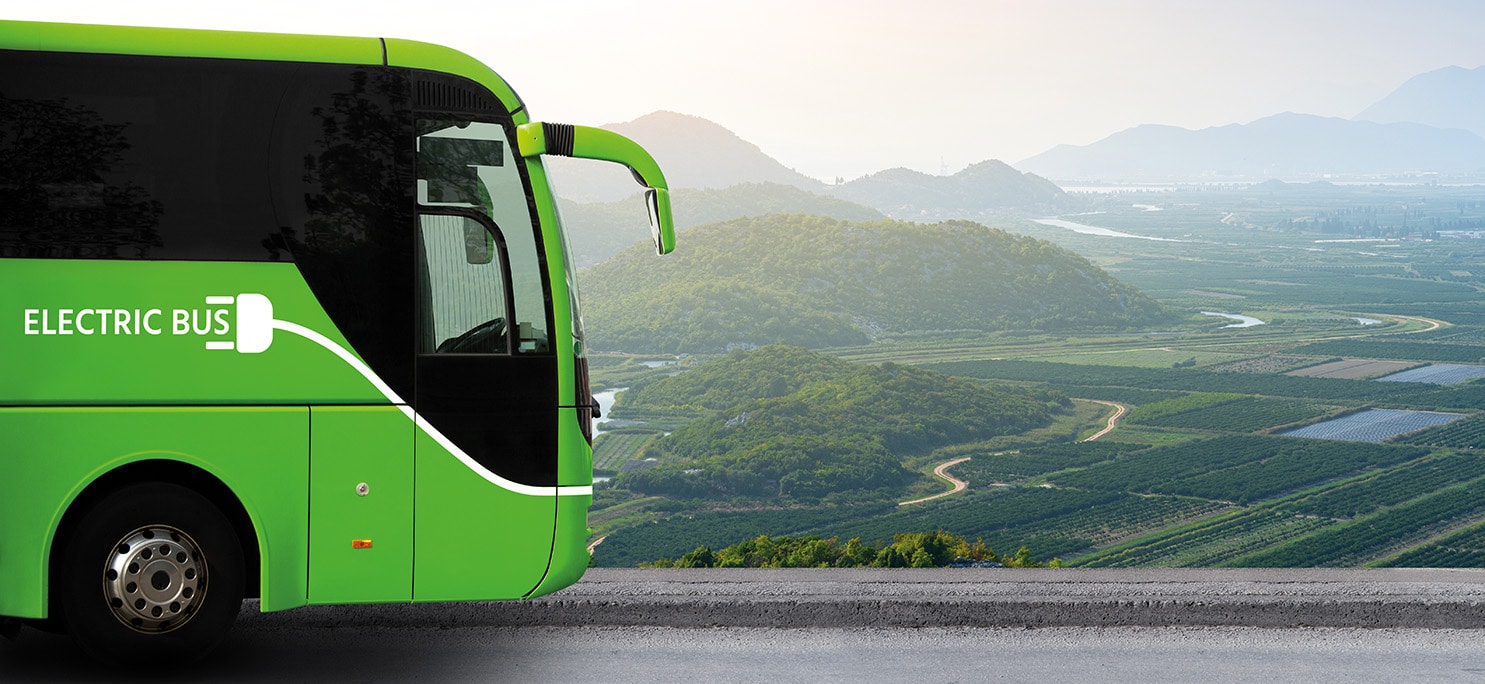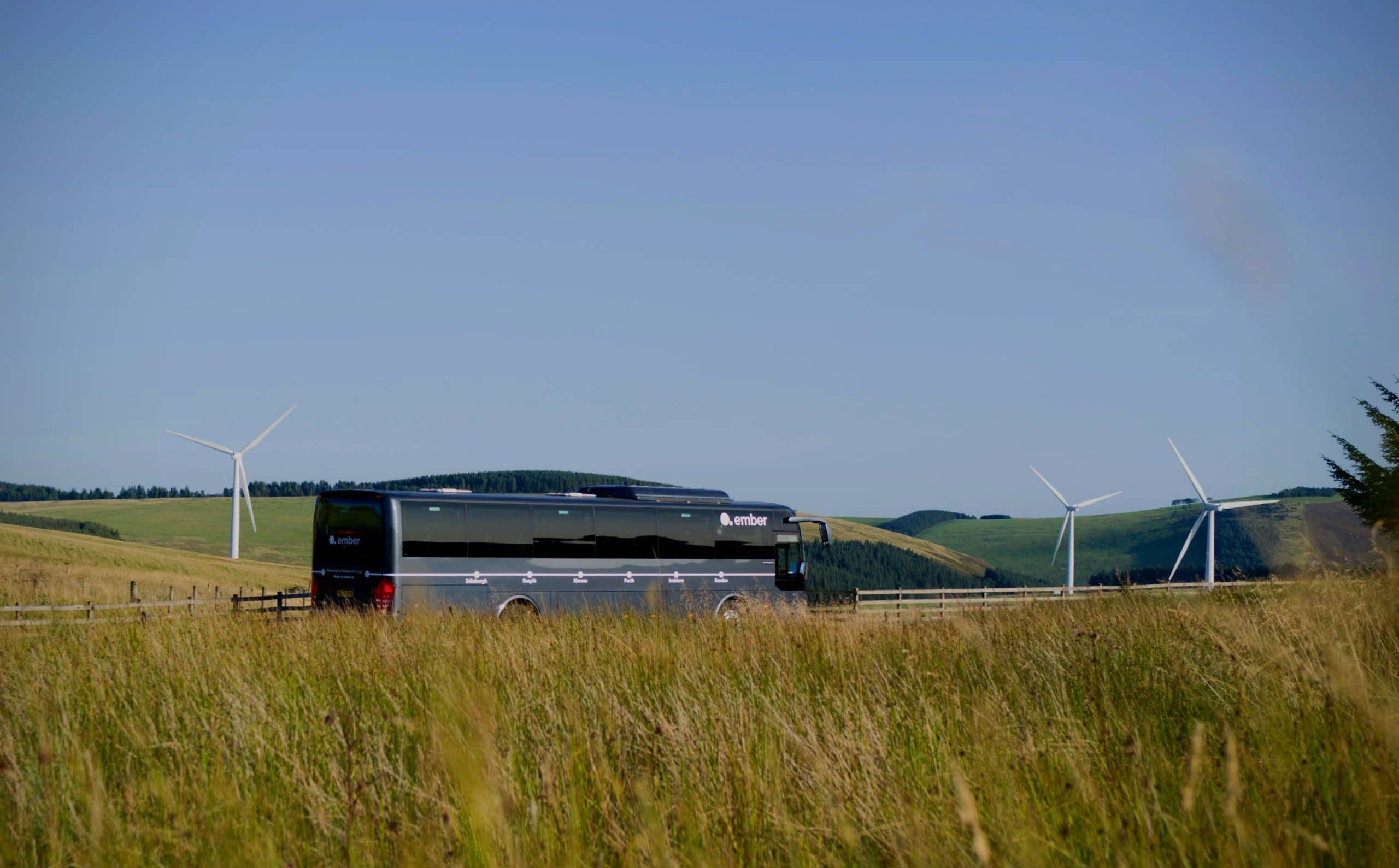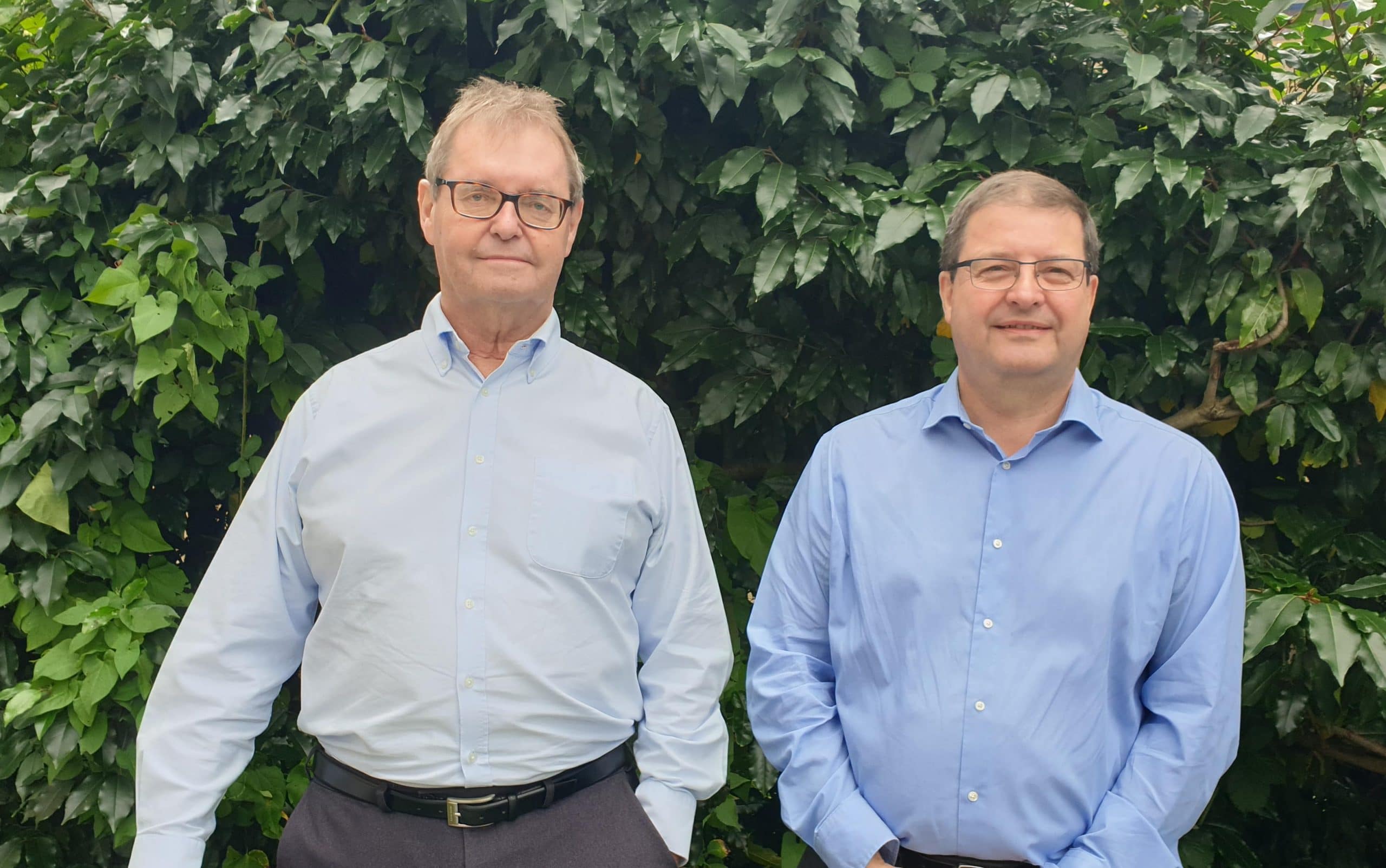CPT CEO Graham Vidler turns his attention to some of the issues that will be at the forefront of the political agenda next year
There has been a lot of attention this year on the importance of decarbonisation and how we can reach ambitious targets with, for example, the UK government publishing its Transport Decarbonisation Plan and Glasgow hosting the COP26 Climate Change Conference.
Given that this issue will be at the forefront of the political agenda for the long term we have agreed with members that an important part of the Confederation of Passenger Transport’s (CPT’s) work will be focusing on a journey to net zero which is achievable for the industry, attractive for customers and beneficial for wider society.
This work stepped up a gear last week when we held our decarbonising coaches event, dedicated to exploring what coach operators need to help them transition to a zero-emission coach fleet. We know that coach operators face difficult barriers when it comes to decarbonising fleets, such as the need for refuelling stations and charging points on long-distance journeys and a lack of government support to invest. These events help us increase our understanding of these barriers so we can come up with solutions to tackle them.
I have great confidence that the newly launched CPT coach decarbonisation taskforce will help us turn the discussions around vehicles, financing, and infrastructure into actions we can use to advocate on your behalf for policies that help operators make this important transition.
Encouraging people to change their travel behaviours and make a few more journeys by coach or bus will have a much bigger impact on carbon emissions than decarbonising the entire coach and bus fleet though. For example, if everyone took just six more journeys per year by bus rather than by car, it would be equal to the entire bus fleet transitioning to zero emissions.
Bus priority measures that speed up journey times and increase reliability are key to achieving this behaviour change, but we know local authorities have often faced opposition to introducing them. This is why we are in the process of creating a toolkit based
on detailed research for local authorities that will support them during discussions with residents and stakeholders, with key messaging to help them overcome any opposition and maximise support. The toolkit will launch in early 2022 and be available to all CPT members.
In the wake of COP26 and a range of government initiatives it is a critical time to ensure the industry can play its part in the drive to net zero.
For coach, the decarbonisation taskforce will play a vital role in CPT’s work so we can clearly set out what needs to happen to help coach operators decarbonise their fleets. For bus we have plans for research that clearly sets out the benefits of modal shift, with a particular focus on decarbonisation and recommendations about how to deliver it.
We all know that coaches and buses are the solution to the net zero challenge, and 2022 will be the year where we ensure that others know this too.



























